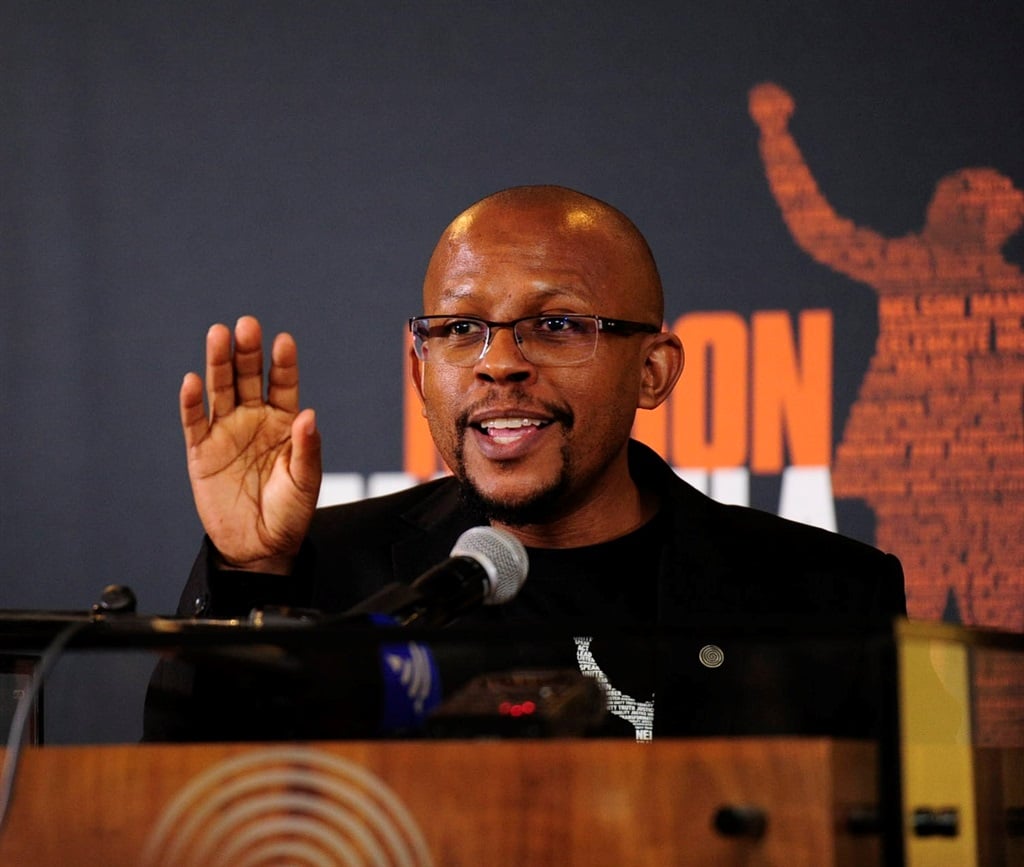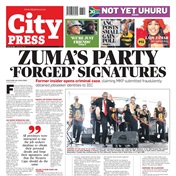
South Africa’s sovereign credit rating to junk status dominated the 2017 Ibrahim Forum on governance in Morocco at the weekend with attendees struggling to explain why the government plunged the country into an economic crisis.
This is according to Sello Hatang, chief executive of the Nelson Mandela Foundation who attended the forum, saying leaders and civil society discussed global problems affecting the continent – particularly youth unemployment, climate change, business development and good governance.
He said he noted that international guests were truly concerned about the future of the continent’s democracy amid growing perception of corruption and compromised principles of good governance.
“What one heard from participants was that our leaders need to pause and think about the consequences of letting a country slide from being a respected and leading nation in the continent,” he told City Press in a telephonic interview from Morocco last night.
The forum discussions focused on violent extremism and migration engulfing the African continent, participation and democracy, as well as inclusive economic growth and jobs for youth.
This stems from the fact that for over a decade the number of terrorist attacks on the African continent has increased by more than 1000%.
Also, between 2015 and 2050, Africa’s youth is expected to almost double, from 230 million to 452 million while most African states seem to have no plan to train its youth and create sufficient job opportunities for them.
Even the fastest growing African economies have not created enough jobs for the youth, according to the foundation.
Hatang said although South Africa’s problems – including challenges of educating its youth and properly handing migration issues to avoid xenophobic tendencies among some sectors of the population – there is a lot we could learn from African neighbours who have tried several successful solutions to improve social cohesion.
He expressed particular concern by the fact that by 2050, half of Africa’s population will be below 25 years old. He said the forum noted that lack of youth-targeted developmental programmes was contributing to young people risking their lives and crossing the Mediterranean seas to Europe in search of better opportunities.
Migration patterns were also not just pointing to routes across the desert to Europe, they were also within the continent to countries seen to be better off than others economically.
It was therefore unfortunate that countries such as South Africa which are attracting economic migrants had migration policies and attitudes of officials that were not helping the situation in the continent, Hatang lamented.
“For example, the SADC region is not working together to tackle the education development situation as a collective. Countries work in silos and we (South Africa) don’t seem to be learning from the experiences of our neighbours such as Botswana or Zimbabwe regarding the quality of education,” he said.
“That is why people in our region (SADC) feel that democracy might be failing or alienating us,” he said. This explained the reason why the African Governance Index found that the number of protests and riots have increased more than tenfold in Africa over a decade.
The 2016 Ibrahim Index of African Governance (IIAG) has revealed that improvement in overall governance in Africa over the past 10 years has been held back by a widespread deterioration in the category of safety and rule of law.
While South Africa is one of the top 10 performers in overall governance, the index showed that South Africa registered the largest decline in the safety and rule of law category over the last decade, falling -5.9 points between 2006 and 2015.
It is also the 10th most deteriorated over the course of the decade across sub-categories of safety and rule of law, the participation (in democracy) and human rights.
The IIAG is the most comprehensive analysis of African governance undertaken to date, bringing together a decade of data to assess each of Africa’s 54 countries against 95 indicators drawn from 34 independent sources.
Last year, for the first time, the IIAG included Public Attitude Survey data from Afrobarometer.
This captures Africans’ own perceptions of governance, which provide fresh perspective on the results registered by other data such as expert assessment and official data.




 Publications
Publications
 Partners
Partners








